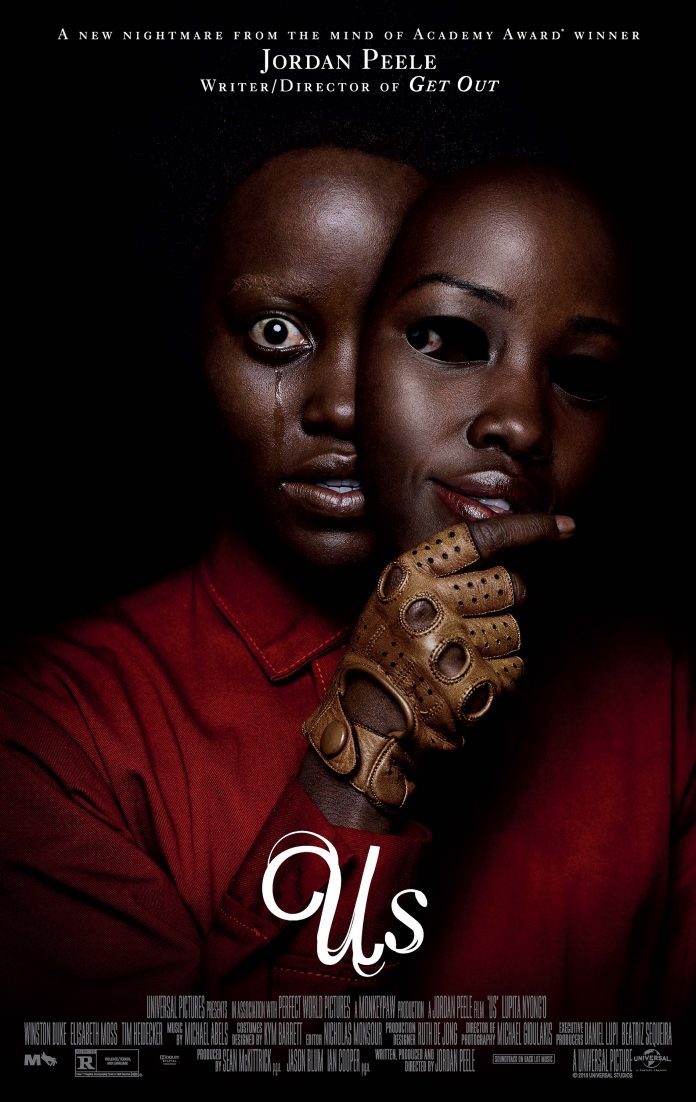Jack McConathy
Producer
Before 2017, Jordan Peele was a MADtv alum coming off the success of his comedic sketch show Key & Peele, which he co-created with frequent collaborator Keegan-Michael Key. Then he made Get Out. Peele wrote, directed and produced the story of Chris, a black man visiting his white girlfriend’s family for the first time. At first, seem to be well-meaning liberals awkwardly (hilariously) trying to heal the racial divide — “I would’ve voted for Obama for a third term if I could” — but are revealed to have far more malicious intentions.
Peele had experience handling race relations through comedy but never through the lens of horror. The result was more than $250 million at the box office and three Academy Awards nominations, including Best Picture and Best Actor for Daniel Kaluuya, and one win for Best Original Screenplay. Now, he must follow it up.
Us is simultaneously bigger in scale, yet far more intimate than Get Out. Peele is still focused on trauma, but it doesn’t manifest itself through hypnosis into a darker dimension; instead, in Us, characters are frightened by themselves… literally.
Adelaide and Gabe Wilson (Lupita N’yongo and Winston Duke, Black Panther castmates) are vacationing in Santa Cruz, Calif. with their daughter Zora (Shahadi Wright Joseph) and son Jason (Evan Alex). However, their plans of having a peaceful summer vacation are taken down by mysterious doppelgangers who show up at their house.
Jason and Zora give their first look of horror when they see their Dad dab, and the only undead in the film is Gabe’s gas-guzzling fishing boat. Moments like these are what make a Peele horror flick separate from the rest. Harnessing his comedic background, Peele interjects humor in intelligent ways, often using wit to further the plot instead of just scares. Few filmmakers and writers possess the will or skill to let terror take a backseat, if only for a moment, to give way to characterization through humor, without losing sight of genre.
But while nearly every comedic beat land, it’s clear that Gabe is the film’s vessel for comedic relief. Unfortunately, what this also means is that he is the least developed member of the Wilson family. Adelaide is the main focus, but Zora and Jason all have their fair share of characterization, whereas Gabe does “dad things” and makes “dad jokes.” To his credit, Winston Duke fully embraces what he’s given.
While every family member provides their share of laughs and scares, it’s clear from the very beginning that Adelaide is this story’s emotional center. She, like Chris from Get Out, has internalized childhood trauma. Peele gives us a far bigger window into Adelaide’s psyche, with several flashbacks to her childhood containing pain that she still feels to this day. Traumatic and tragic past experiences often swim to our surfaces in unpredictable ways, demanding to be relived. Lupita N’yongo portrays Adelaide’s struggle with such tact that when she goes from calm to paralyzed with fear at the flip of a coin, the audience is easily placed in the moment with her.
Each of the family’s copycats come with their own traits and terrifying elements. Zora’s twin has a Cheshire cat grin, capable of breaking into a sweat-inducing sprint at any moment. Jason’s wears a white balaclava, growling and sneering like a feral child. Gabe’s is a hulking, relentless obelisk of strength. And finally, Adeaide’s is the leader – seemingly communicating with her family by way of hellish shrieks and cries – characterized by her unique dry and struggled voice. By the time the red-suited doppelgangers appear, the characters in this story already feel far more alive than they are in most horror movies.
Us is a film that demands repeated viewings, and I personally cannot wait to dive back in. One thing is for certain: With Us, Jordan Peele brings our shadows into the light.






















